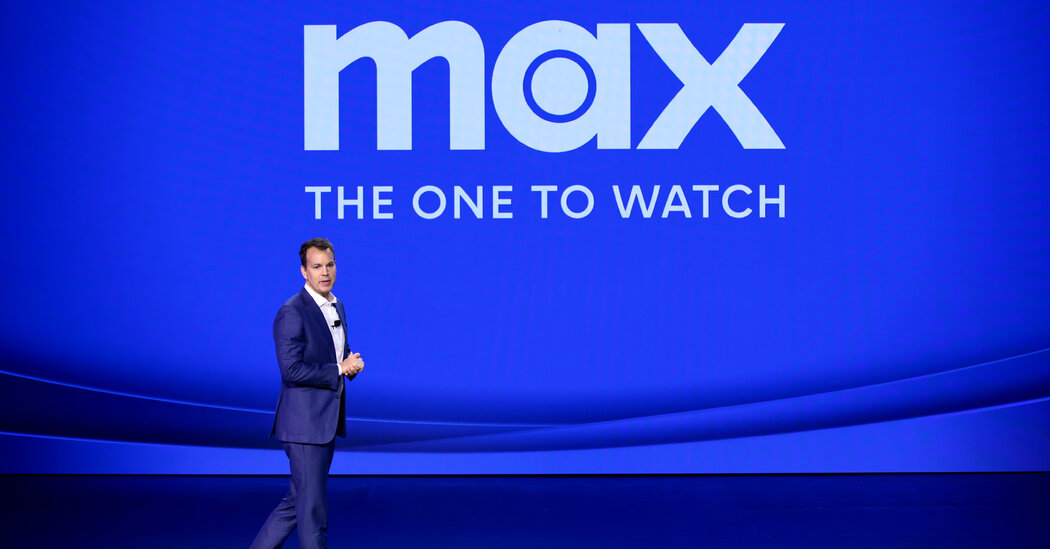Casey Bloys, the chairman of HBO, enjoys a reputation in the entertainment industry as an effective programmer and an easygoing executive who stays above the fray.
All of which made his appearance at a news conference on Thursday, addressing his role at the center of a media tempest, quite striking.
Mr. Bloys acknowledged his involvement in an effort to create fake Twitter accounts to respond to television critics who had unfavorable views of HBO’s programs. And yes, he said, it was “a very, very dumb idea to vent my frustration.”
The comments, made at an event focused on the network’s coming shows, came a day after Rolling Stone reported about Mr. Bloys’s efforts to push back against critics on Twitter. The article caught the attention of much of the entertainment industry, with several rival executives privately musing how the HBO executive could be so thin-skinned. New York Magazine described it as a “mini-scandal” that “is perhaps the funniest thing to happen in media in years.”
In its article, Rolling Stone said that Mr. Bloys and Kathleen McCaffrey, another HBO executive, started discussing the Twitter plan beginning in June 2020. (Twitter has since been renamed X.)
“Who can go on a mission,” Mr. Bloys wrote to his colleague, according to the report. He asked to find a “mole” who would be at an “arm’s length” from HBO executives. “We just need a random to make the point and make her feel bad,” he wrote, referring to a critic.
A former employee of HBO created a fake Twitter profile, and began responding to critics, the article said.
Rolling Stone came upon the text messages while reporting on a wrongful termination lawsuit from a former employee, Sully Temori, who is suing the network along with two senior executives and several producers of the now-canceled show “The Idol,” where he worked.
Rolling Stone reported that the posts to critics — as well as anonymous comments on the entertainment trade publication, Deadline — were dated from June 2020 to April 2021.
“Think of 2020 and 2021, I’m home working from home, spending an unhealthy amount of time scrolling through Twitter,” Mr. Bloys said on Thursday.
“I do apologize to the people who were mentioned in the leaked emails, texts,” he continued. “Obviously, nobody wants to be part of the story that they had nothing to do with.”
Executives at HBO, like other networks that specialize in prestige television, heavily consider critical response as a metric to decide whether a show gets renewed or not. The network has historically populated critics’ favorite lists and been a dominant player at television award shows.
“I want people to love them,” Mr. Bloys said on Thursday, referring to the network’s offerings. “I want you all to love them. It’s very important to me what you all think of the shows.”
Mr. Bloys then suggested that he had moved on from the fake Twitter account tactic, by instead reaching out to critics directly through the direct message button.
“As many of you know, I have progressed over the past couple of years to using DMs,” Mr. Bloys said. “So now when I take issue with something in a review, or take issue with something I see, I DM many of you, and many of you are gracious enough to engage with me in the back and forth. And I think that is a probably much healthier way to go about this.”




